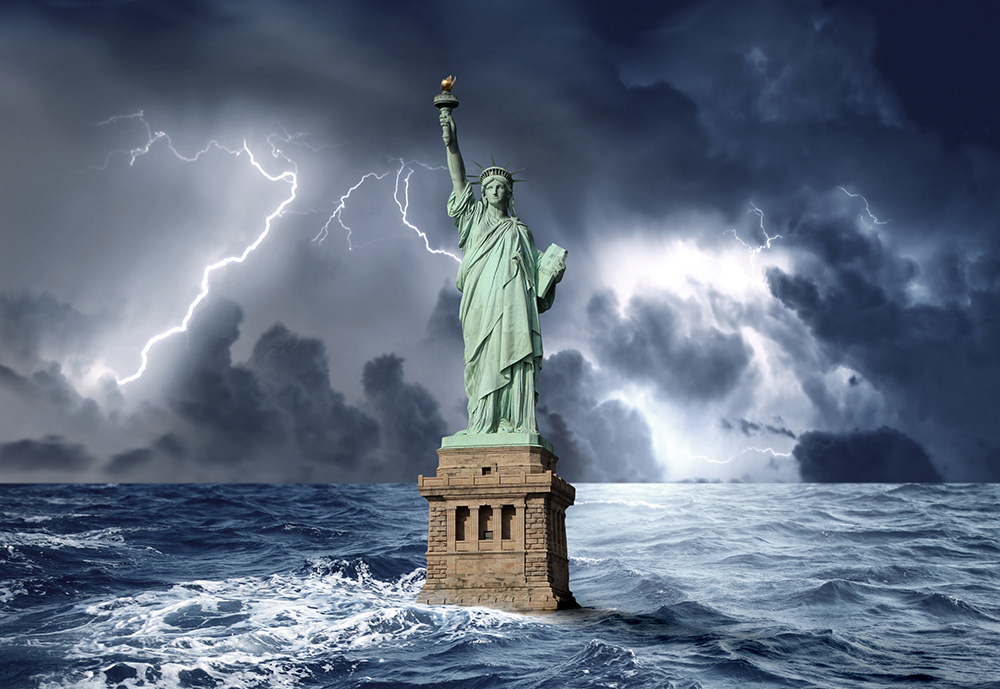We’re away until January 6, but we’re reposting some of our favorite pieces from 2019. Enjoy your holiday!
As of spring 2020, I will be stepping down as Chairman of the MacDowell Colony’s Board of Directors. It’s time for somebody else to sit in the chair. When I took this position, nine years ago, Barack Obama was the President of the United States, Donald Trump was facing the imminent collapse of his financial empire, and Prince, David Bowie, Leonard Nimoy, Nora Ephron, Ursula K. Le Guin, Philip Roth, Gene Wilder, Muhammad Ali, Amy Winehouse, Elmore Leonard, Alan Rickman, and my father were still with us, just to mention the people who meant a lot to me. Along with BookCourt bookstore in Brooklyn, Saab automobiles, RadioShack, and, apparently, common decency.
So, you’re welcome.
These feel like such dire times, times of violence and dislocation, schism, paranoia, and the earth-scorching politics of fear. Babies have iPads, the ice caps are melting, and your smart refrigerator is eavesdropping on your lovemaking (and, frankly, it’s not impressed).
from The Paris Review https://ift.tt/38ZAzr7

Comments
Post a Comment